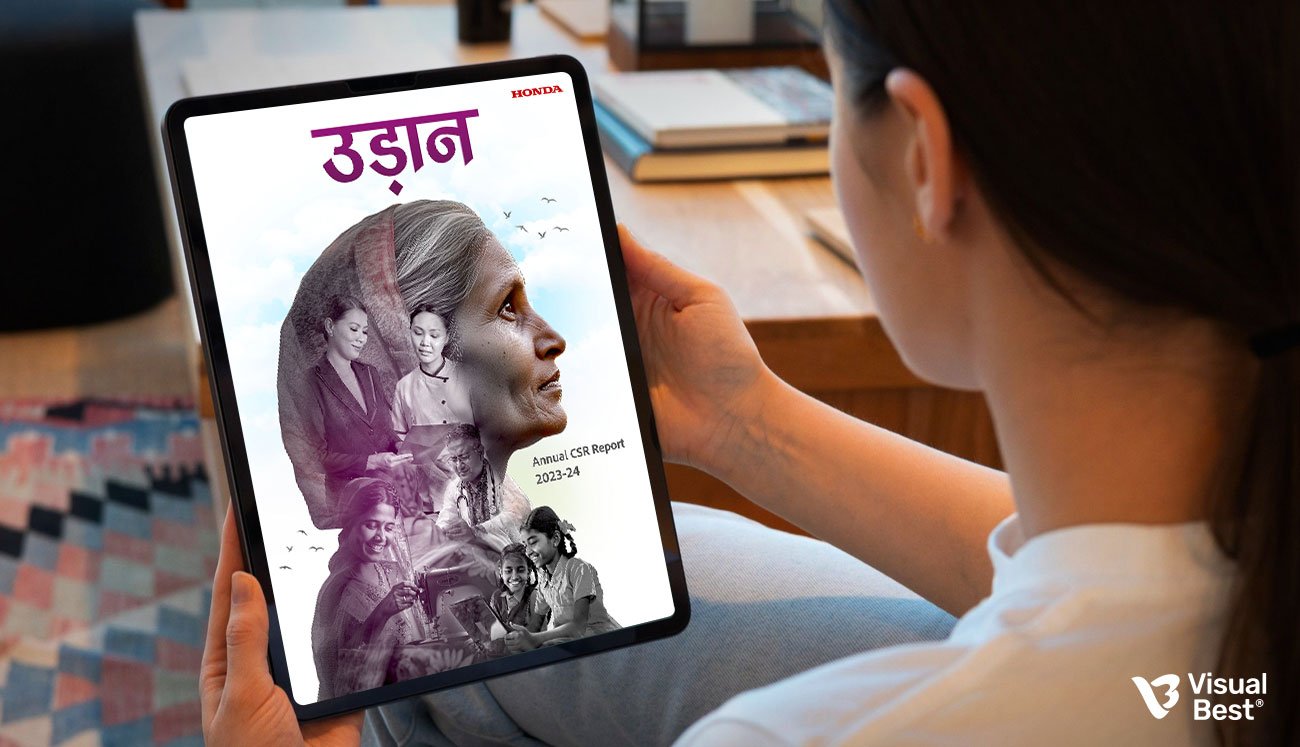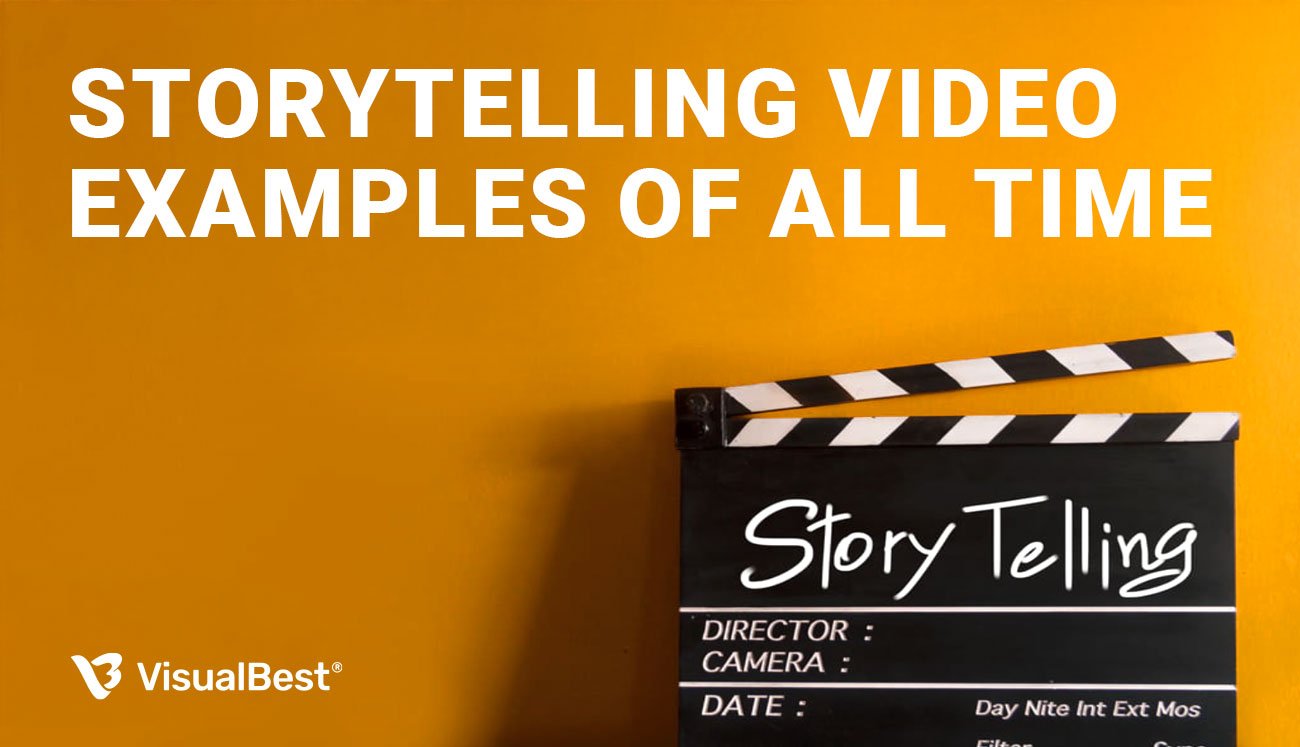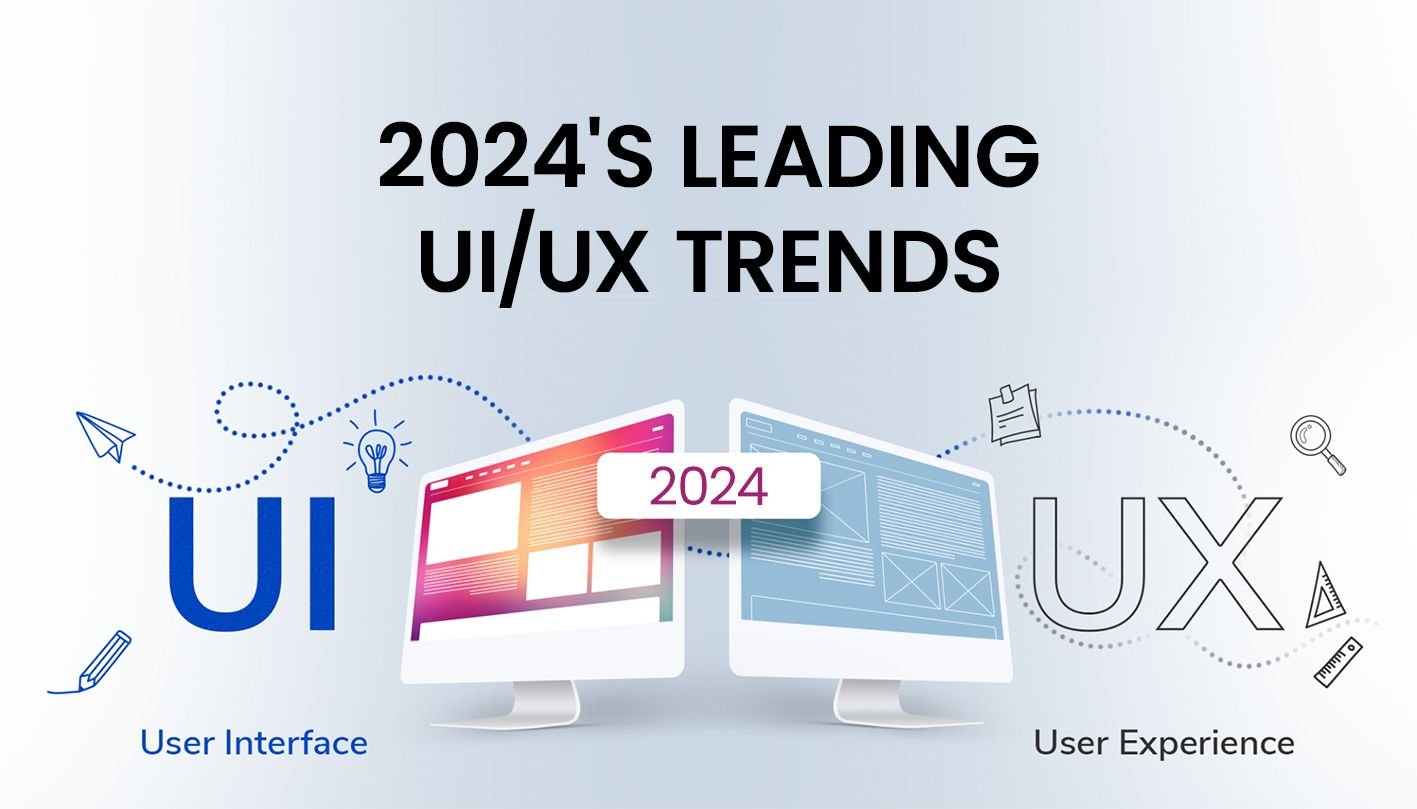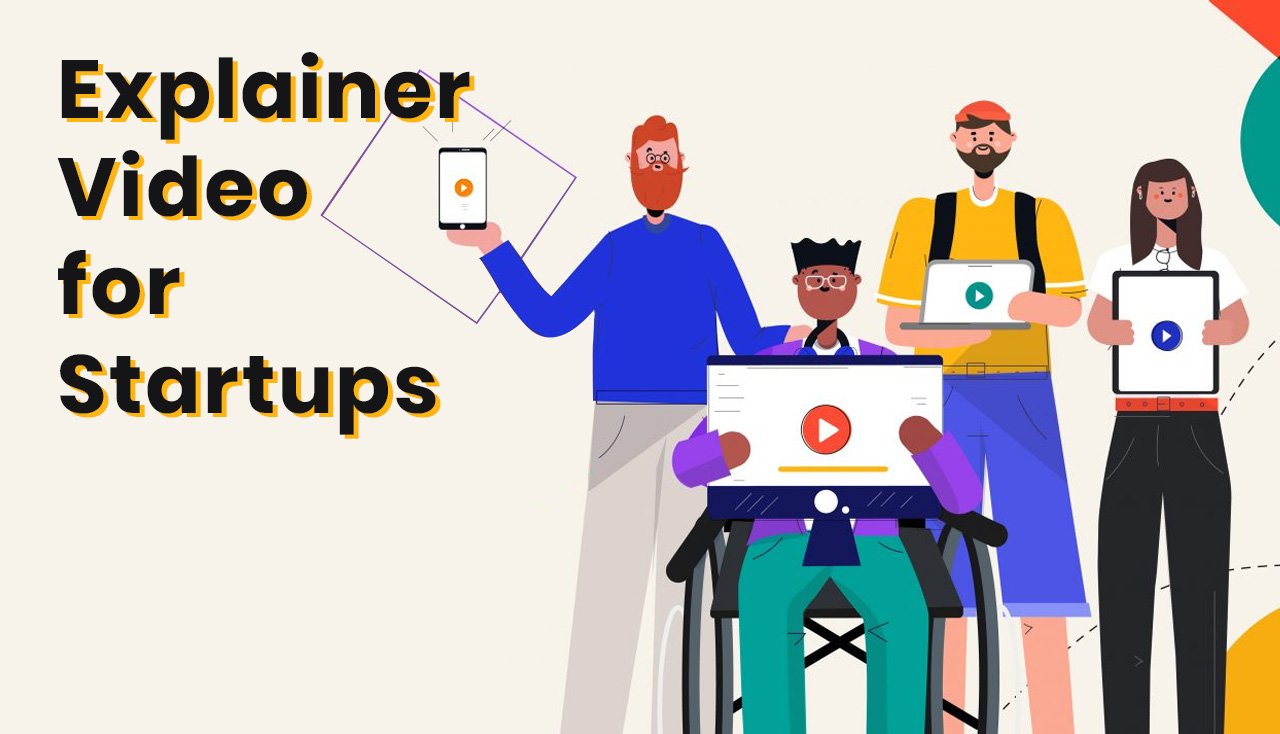Social Media Marketing
How to Create Engaging Visual Content for Social Media in 2024

What if your social media post boosts three times more engagement? Content with images and videos consistently outperforms text-only material in interaction rates. On Instagram, for example, carousels boost a remarkable engagement rate of 3.15%, whereas videos are among the most helpful visual content when it comes to online advertising. Not only do marketers see the benefits, but nearly half of the consumers also prefer visual content, confirming its powerful impact.
Let’s examine the stats and discover why visual content, such as images and videos, is the secret to capturing audience attention and driving leads on social media platforms.
Understanding the Importance of Visual Content
Video is the most popular and useful media medium; its advantages are immeasurable. Instead of taking our word for it, look at the figures that follow.

1. Increased Engagement
It has been demonstrated that visual content improves engagement rates in email marketing, social media, and other online platforms. Moreover, tweets posted with images increased engagement by 150% compared to those posted without.
2. Increased Rate of Retention
People remember images more vividly than words. According to research, people probably recall only 10% of knowledge three days after consuming it. Three days later, however, people still remember 65% of the data if an attractive image accompanies it.
3. Increased Rates of Conversion

Hubspot is the perfect example of the above, where the eye-catching visuals grab the audience’s attention and direct them to their services. Moreover, engaging content such as e-books and spreadsheets educates users. The information and resources provided help build trust and transform potential clients into loyal customers.
Latest Trends in Visual Content for 2024
The visual content market is constantly evolving with new trends and adaptable practices. While some changes might improve engagement, others would help you target the potential audience. Here are the latest trends in visual content for 2024 that you can not miss.
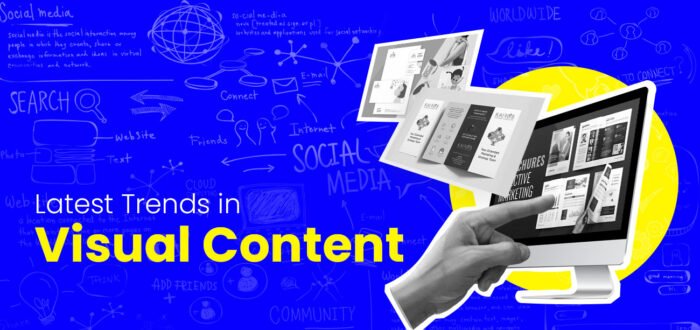
1. Interactive Content
Interactive content is one of the most crucial marketing trends that can capture viewers and inspire participation. Moreover, providing an excellent user experience is vital to keep users. Consumers enjoy taking surveys, polls, and tests, especially when there’s an opportunity to win something. They get to engage with the content instead of just reading it. Furthermore, companies can gain much information from customers’ reactions to interactive content.
2. AR and VR
This trend is already becoming more popular in product and brand marketing. Moreover, marketers embrace it more slowly, primarily because of the associated costs. Videos on Facebook and other networking sites allow consumers to enter virtual 360-degree environments, offering an updated way of evaluating work before investing.
For instance, real estate companies are using virtual reality to present 3D models of prospective homes. Furniture manufacturers and shops, like IKEA, have also taken advantage of AR and VR to show how items fit realistically in restricted areas of your space.
3. User-Generated Content (UGC)
User-generated content (UGC) and crowdsourcing have emerged as powerful, dynamic trends in the rapidly changing world of digital media and online platforms, completely altering the way content is created, selected, and viewed. Below are a few advancements in UGC that can reshape your visual content.
- Dominate of Visual UGC
- Real-time interaction and live viewing
- Micro influences and Supporters of UGC
- AI-Powered UGC Evaluation
4. Short-form Videos
Social media networks have transformed how brands create and distribute video content. Every platform offers distinct attributes and chances for brands to establish a connection with their target audience
a. Instagram
Instagram has quickly developed as the preferred platform for brands aiming to connect with a younger audience. Moreover, users on Instagram spend almost an hour scrolling short format videos. Therefore, brands can use Instagram’s visual storytelling feature to attract their audience. By posting images and videos, brands may attractively show their goods or services.
b. TikTok
TikTok remains the leader in short-format videos with features that let brands produce interesting, shareable content that interests their target market. On TikTok, brands have a special chance to showcase their inventiveness. Brands can create engaging content that captivates consumers with its short-form video style.
Best Practices for Creating Engaging Visual Content
1. Know Your Audience
Understanding your target audience is the first step towards producing visually compelling content. To understand your target audience, you must research and analyse it using surveys, interviews, feedback, and analytics. This will assist you in determining the types of visual content the audience might want to see.
2. Consistent Branding
Remember to use the same branding guidelines for each social media platform. Always create a brand kit for your company with a good logo, colour palettes, and font styles. Moreover, when you finalise your colours and fonts, use them consistently in your visual content.
3. High-Quality Visuals
On social media, compelling visual content encourages users to follow, like, comment, and eventually purchase from you. It has the power to make or destroy your strategy.
Visual content includes a visual component in addition to text, resulting in an aesthetic delight. For example, a 280-character tweet is not as visually attractive as one that has a photo attached.
4. Use of Infographics
If you want to stand out from the pack, you should offer more to your audience than sharing standard social media updates. Use more infographics to capture your audience’s interest. One of the greatest methods of catching readers’ attention is infographics, also referred to as social media graphs. Moreover, they are compelling and descriptive, which explains your product or service more effectively.
Tools and Resources for Creating Visual Content

1. Design Tools
A. Canva
Canva is a web-based application that makes it simple to create graphic design projects. It is an excellent resource for beginners.
| Pros | Cons |
| Easy-to-navigate interface | Fewer File Exporting Choices |
| Large template collection | Common Templates |
| Available to everyone | Premium may be expensive |
| Drag and drop feature | Storage Restrictions |
| Web-based platform | Needs internet access to use it |
B. Adobe Creative Suit
Adobe Creative Cloud is a paid subscription software application for graphic design, video editing, web development, and photography.
| Pros | Cons |
| Extremely affordable | Specific plans are much more expensive |
| No payment is required for upgradation | Pricing consistency is not guaranteed. |
| Use anywhere, anytime. | Non-transferable data |
| Available licences | Adobe’s apps are updated one by one. |
C. Figma
Figma is an offline web-based design tool with many valuable features. Moreover, you can use it on a desktop with Windows or macOS. Due to its interactive features, it’s famous for interface design projects.
| Pros | Cons |
| Easy to use | Internet Based |
| Excellent for UX/UII design | History is not that easy to find to make an edit |
| Open and based on the web | It will lag if you don’t have much RAM or storage |
| Collaboration is simple | Fewer features are available |
2. Stock Photo and Video Resources
Stock photos or pre-made videos are visual content that acts as a gold mine for marketers who are more into generating video-focused content. These stock photos and videos will help them save a lot of time. You can use any stock photo or video to create content and grab your audience’s attention.
A. Pexels
Pexels has an extensive library of high-quality and stunning royalty-free visuals. Moreover, users can easily download these stunning visuals and use them to create visual content for their social media.
| Pros | Cons |
| Organized library | Sometimes, the images are not generic |
| A free downloadable application is also available | There are many ads |
| Free stock video clips | Can’t find exactly what you are looking for |
B. Rawpixel
This website provides users with millions of inspirational designs which are free to use.
| Pros | Cons |
| Advanced search filter | No contributor network |
| Premium content can be accessed with low fees | Some images are legally restricted to use |
| Medium to large stock photo website | Some images are under commercial license, which can not be used for printing |
C. Unsplash
One of the popular stock photos and video resource platforms, it offers not only high-quality images but is also royalty-free. Moreover, this website is the perfect platform if you are looking for stunning visuals.
| Pros | Cons |
| Discover a vast range of professional visuals | There are many industry-specific images only |
| Quick access to high-quality videos | The use experience is not that good |
| High-resolution photos are free to download | No variety of illustrations |
| No registration required | No information about the creator of the image |
3. Animation and Video Editing Software
Animation software creates animated graphics from visual files. Depending on the program, users can animate many kinds of 2D, 3D, hand-drawn, or computer-generated graphics, and they often have the option to add extra effects or music. Platforms for animation software may interface with those for 3D modelling, video editing, or illustration.
A. Adobe Premiere Pro
It is one of the top picks for video editing. This tool supports every format and provides many video editing features.
| Pros | Cons |
| Cross-platform availability | Color grading is not very effective |
| RAW support | The subscription model is expensive |
| Collaboration features are available | |
| Regular updates |
B. Davinci Resolve 19
A very professional video editing program that allows not only video editing but also color grading and other effects.
| Pros | Cons |
| The free version is available | You will need a powerful computer to use it |
| Reasonable premium pricing | Steep learning curve |
| Better color grading options |
C. Cyber Link Power Director
It is a 360-degree non-professional video editing software. It provides a vast library of tools compared to other video editing software, but these options may be limited in the free version.
| Pros | Cons |
| 360-degree video editing options are available | Don’t have many feature-rich options |
| Track timeline of 100 is available | The interface is also not user-friendly |
| Supports 8k footage editing | |
| Leverage AI tools |
Measuring the Success Of Your Visual Content

Measuring the effectiveness of a visual content strategy is essential after you’ve included it as part of your marketing plan. This will give you an idea of whether or not your efforts are having the intended impact and offer suggestions for future development.
1. Key Metrics
You can use the following significant metrics and techniques to assess how well the visual content strategy is working:
a. Engagement Rate
The amount of interaction visual content generates is one of the leading indicators of its success.
b. Conversion Rate
In the end, the effect that your visual content strategy has on your conversion rates should be used to determine its success.
c. Reach and Awareness
Visual content essentially facilitates increasing brand awareness and visibility. Track information related to your visual content, such as the number of views, reach, and mentions of your brand.
d. Time spent
Users’ time on a page can reveal information about your visual content’s impact and level of engagement.
2. Social Media Analytics Tools
Tools used for social media analytics can help you determine which strategy is working for your social media. Moreover, these tools also provide historical data that assess your social media marketing on a macro and micro level. Below are some of the best social media analytics tools that can allow you to compile data from multiple platforms and create custom reports.
a. Hootsuite
It is one of the best social media analytics tools for those who run their social media. Hootsuite’s most crucial feature is the custom recommendations it provides for posting visual content on each social media platform. Moreover, this recommendation is provided after a detailed analysis of your account’s metrics and historical data.
b. Buffer
Buffer has fewer features than Hootsuite, such as not allowing you to track analytics for all social media platforms. However, it has a user-friendly dashboard, which makes it great for social media management.
c. Later
Later is a social media analytical tool specifically for small brands and creators. It helps you measure the performance of your social media content and also allows you to optimize your post timings. However, the platform does not have many advanced features, such as competitive analysis, but it is still a great platform for small business owners.
3. Interpreting Data
Data interpretation is one of the most important factors in refining and improving your visual content strategy. It helps you to track your progress and set definitive goals for the future. Below are the steps to analyse and interpret data for a successful social media strategy:
a. Analyze
The first step is to analyze the visual content you are posting on social media platforms. Look for patterns and trends that suggest what type of content resonates with your audience.
b. Define your goals
Next is to set clear goals. Ask the following questions to yourself:
- What do you want to achieve with your visual content?
- Is your primary goal to increase brand awareness or get more leads?
Once you have the answers to the above questions, which are your goals, you should define your KPIs.
c. Test and optimize
Now, test your visual content based on the analyzed data and goals you have set. You can use different tools such as Canva and Adobe. Moreover, you can also use different tools, such as Hootsuite, to schedule your content—test elements such as headlines, captions, CTAs, and more.
d. Engage with your audience
Engage with your audience and learn how they are responding to your visual content on different platforms. You can join them in conversation and also get feedback, opinions, or suggestions to improve your visual content.
e. Keep track of the results
The final step is to keep track of your results and adjust your strategy accordingly. Use tools like Google Analytics to track the results of your visual content on your website or the landing pages. Moreover, look for new trends that can help you create impactful and engaging visual content.
Case Studies
Now that you are at the end of our article and have learned most of the crucial points regarding creating engaging visual content. Now it’s time to look at the case studies that might help you understand the practical way.
1. Daniel Wellington
Daniel Wellington’s playful social media campaigns are gamified with user-generated content. They took an idea from the classic children’s storybook and introduced a hashtag, Where’s Wellington.
Challenge
This time, the brand thought of challenging its followers to find the next opening location for Daniel Wellington.
Did It Work?
Absolutely, yes. This playful twist converted passive viewers into loyal and interactive followers. Moreover, the game of guessing not only encouraged users to like the post but also engaged them to comment on it, increasing the engagement rate of their social media channels.
Key Takeaways
- High-quality visuals are important.
- Asking your audience questions is an easy way to boost engagement
- Using branded campaign hashtags is essential
2. Bumble’s TikTok Campaigns
One of the well-known dating apps, Bumble, uses TikTok to connect with millennials and Gen Z. They connected with influencers, posted their advertisements on TikTok, and requested that they produce interesting material for the Bumble features.
Challenge
It faced challenges attracting new users and increasing app downloads, so it used visual content. But let’s learn how.
Did It Work?
Absolutely, it worked. Bumble saw a 5X rise in app downloads. Moreover, the registration cost was reduced by 64%. Therefore, Bumble’s strategic use of the TikTok campaign led to significant growth and brand recognition.
Key Takeaways
- Influencer marketing and UGC are two powerful tools
- Engaging content does wonders when aligned with the latest trends and brand value.
- Using a strategic mix of trending and branded hashtags is a must.
Conclusion
To keep up with your brand’s social media strategy, it is essential to incorporate engaging visual content. Some platforms, like Instagram, promote photos and GIFs, whereas others, like Facebook and LinkedIn, might prefer videos. Here are some of the final takeaways to consider when creating a robust visual content strategy:
- Know your audience
- Experiment with different formats
- Maintain brand consistency
- Prioritize quality
- Work on UGC strategy
- Track and analyze results
Ready To Take Your Social Media Game To The Next Level?
Visual content continues to be the king of social media engagement in 2024. Therefore, we are here to help you craft a winning visual content strategy tailored specifically to your brand’s needs. We will help you develop a visual content strategy that will increase awareness, engagement, sales and conversions.
Don’t wait any longer! Use the power of visual content and enhance your social media game.
 +1 445-266-1603
+1 445-266-1603 +91 96504 08093
+91 96504 08093



